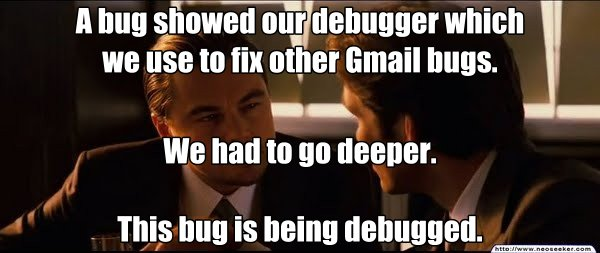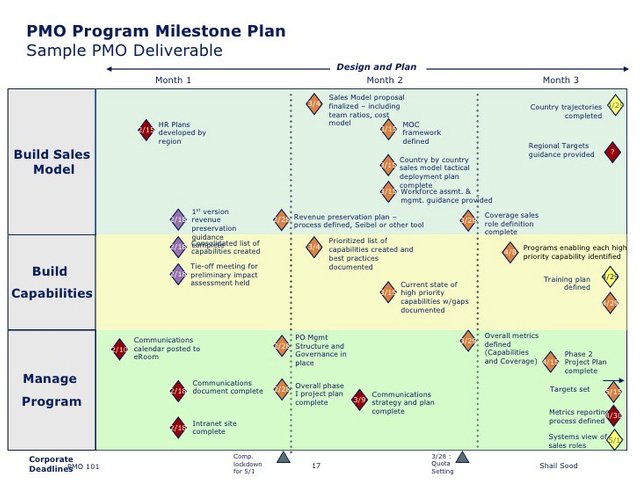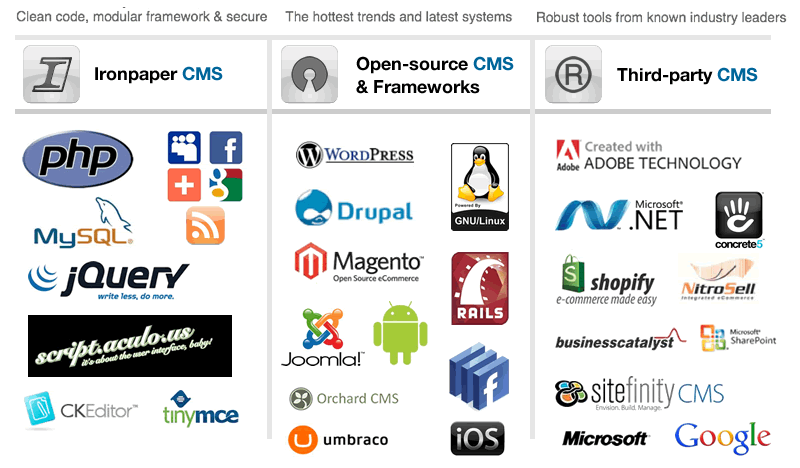Turning code to cash — How to make money as a Web Developer and live to tell the tale.

Hi Steemers,
Once more here is a repost of one of my more popular articles from medium.com [original article].
Turning code to cash — How to make money as a Web Developer and live to tell the tale.
So you just learnt to code. You’re eager and anyone who can’t code thinks you’re a genius, word gets out and all of a sudden every guy you meet wants you to build him a website. Most of them want a freebie but some guys are willing to pay. Nicely.
This article tells you how to keep his money, your reputation and your sanity when you take the job.
What I am about to tell you is no well kept secret. There is no silver bullet to making money as a Web Developer. The advice I am about to give you seems basic and it is, most of it is pure common sense but it is absolutely essential to any one starting out in the world of selling websites (or coding them) for money.
If you stick to these principles life will be easy and you will love your job and if you don’t you run the risk of accidentally ruining yourself when you are just getting started

Nothing is simple.
Always under promise and over deliver. You can’t see the future and the if you say “Sure” and throw in a fee that covers your lunch you will regret it.
Whether it is a simple report or WordPress upgrade things can go wrong that are out of you’re control and will end with you sitting at your PC for hours looking amateur for promising it yesterday and working for free.

Know your skill set — and let your client know it.
Never take on work you’re not 100% sure you can finish. If they push make it clear you will “TRY” with no promises, if you can only do 80% TELL YOUR CLIENT.
They will appreciate it in the end and it will build trust in your relationship. You don’t want to sell them something you cant debug or secure properly.

Be clear about what they are buying
If you’re are physically coding it, state it. If it is a custom implementation of a CRM state that. Never give a customer a WordPress site with a template you bought online and try to pass it off as your work, or let them think it is.
Give them a breakdown of what they bought and the copyrights and licensing to it. That goes for stock images, plugins, templates everything.

Learn to use the best tool for the job.
Frameworks are your friend and as keen as you are to code an e-commerce site you need to face the fact that you know nothing about it. Know when you’re out of your depth and use the best tool at your disposal.
You will get the job done quicker and your client will have a better, more future safe product.

To your client you’re more than just a developer.
Whether they admit it or not if you’re dealing with a client you are their internet stock broker. What ever advice you give them regarding digital software, social networks email or what phone to use will be taken seriously.
So try to only give them advice about things that you have a detailed knowledge on. Otherwise direct them to someone who does marketing/app development/ server administration etc.

SIGN OFF YOUR JOBS
Make it clear from the beginning what your fee entails and sign the work off once the specifications are met. You can give them the option of a monthly “Care Package” with 5 hours of development / debugging per month or an hourly rate. Otherwise you will be inundated with requests to change wording or move things “5px to the left”.
Lastly don’t be a jerk. A “bug” in code may not be a bug in the project. Even after the project is signed off if a report doesn’t pull what it should — its on you, don’t bill just fix it. However if the report is doing everything the spec asks and the client gave you for example the wrong formula for a calculation bill away.
Oh and try to avoid friends and family, they will abuse you and almost never pay. Hope this helps someone out there.
Coding is the way of the future, no doubt.
Nice informational post. Thanks for sharing this!
Thank you for the informational article. I have a question regarding the last part: How do you properly specify the specifications and when they are met, for signing off? How do you know that you specified it enough?
Its quite simple before development starts you agree on a feature list and quote on it accordingly once that quote is accepted you begin dev and at the end you use the quote as a checklist. Like delivering a parcel - if all the items are in the box they sign for it, if not its pending delivery
Thank you for that explanation.